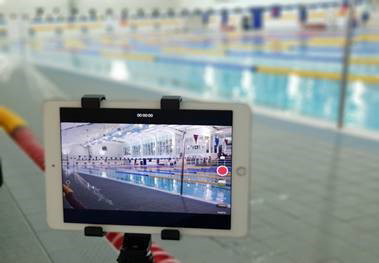Session 7: Effective observations and feedback
Introduction
Observing coaches and providing effective feedback is an important part of learning and for this reason it is a necessary skill for coach developers to master. Yet it is far from straightforward, and in this session you’ll examine why it takes time to refine and implement well.
Early in this session you will watch the same video of a coaching session twice, but each time you will use a different observational approach to analyse the coach and compare your thoughts. Observation is only part of coaching others; effective feedback is also a key component and you’ll explore how feedback is best provided, what feedback you should provide, and why feedback is really effective when it leads to a meaningful conversation.
Your observation and feedback practices largely depend on your coach developer role. Observation can range from the formal – in which you are required to observe and provide feedback against set criteria – to far less formalised peer-to-peer approaches. There is evidence to suggest that the latter is far more conducive to learning than the former (Williams and Reddy, 2016). Consequently, the value of creating a peer-to-peer observation and feedback culture is examined in the latter part of this session.
By the end of this session, you should be able to:
- reflect on and compare your current observation practices to a range of approaches and case studies
- identify how feedback can be discussed and framed to support learning and development
- consider the benefits of peer-to-peer observation and feedback in a coaching context.
In the first section, you will read an article that makes an interesting argument about observing others.

